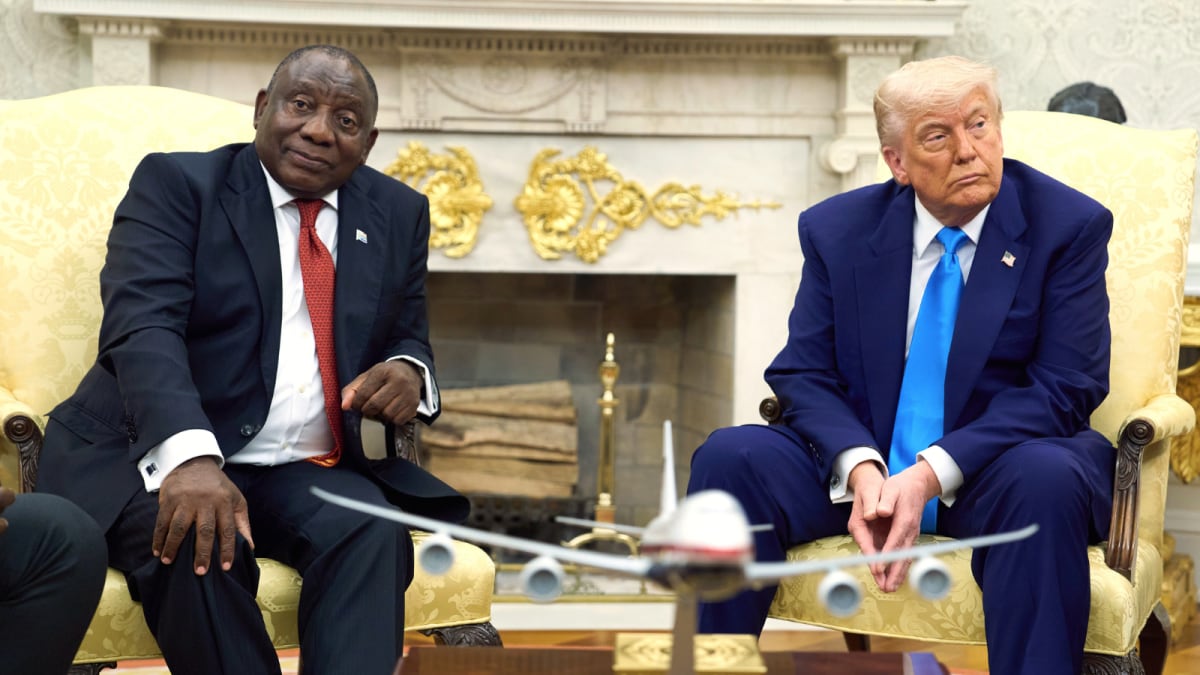Last Updated:November 21, 2025, 09:36 IST
According to top sources, Pakistan conveyed this ultimatum through Turkish mediators, after months of stalemated negotiations with the Taliban government.

Pakistani Prime Minister Shehbaz Sharif. (File)
In a dramatic shift in its Afghanistan policy, Pakistan has delivered what top diplomatic and intelligence sources describe as its “final message" to the Afghan Taliban leadership: opt for reconciliation, accept Pakistan’s security demands, or face Islamabad’s support for alternative political forces capable of challenging the regime in Kabul.
According to top sources, Pakistan conveyed this ultimatum through Turkish mediators, after months of stalemated negotiations with the Taliban government. The latest message underscores Islamabad’s growing frustration with the Taliban’s unwillingness to curb the Tehreek-e-Taliban Pakistan (TTP) and rising cross-border militant attacks.
Pakistan’s decision comes amid Taliban outreach to New Delhi — highlighted by Afghan Foreign Minister Amir Khan Muttaqi’s recent visit to India. The shift towards India, officials say, has compelled Pakistan to reassess its long-standing engagement strategy with Kabul.
Islamabad now views the Taliban’s stance not only as a security threat but also as a geopolitical snub. As a result, Pakistan has begun realigning itself with anti-Taliban political figures and resistance networks, both inside and outside Afghanistan.
Pakistan Reopens Channels with Anti-Taliban Leaders
Top sources confirm that Pakistan’s intelligence establishment has already reached out to several prominent Afghan democratic and opposition figures, including: Hamid Karzai, Ashraf Ghani, Ahmad Massoud ( Resistance Front), Abdul Rashid Dostum, members of the Afghanistan Freedom Front and Northern Alliance-linked commanders.
Islamabad has reportedly offered these leaders political space, safe presence, and operational offices in Pakistan, signaling a readiness to create an organised platform for the Afghan opposition.
Sources say the offer also extends to exiled Afghan women leaders, activists, and pro-democracy groups, who have consistently demanded a return to an inclusive, legitimate, and transparent political process — either through a Loya Jirga or future elections.
Talks with Taliban Stalled; Ceasefire in Limbo
Despite three rounds of discussions — mediated first by Qatar and later by Turkey — Pakistan and the Afghan Taliban have failed to reach a breakthrough. The Pak-Afghan ceasefire, agreed tentatively during earlier phases of dialogue, remains in abeyance following the failure of the Istanbul round of talks.
Islamabad’s demands in the negotiations have remained consistent:
Firm action against the TTPHandover of hardcore TTP militantsGuarantees of non-escalation along the Durand LineCreation of a buffer zone to curb cross-border terrorismNormalisation of trade and bilateral cooperationHowever, Kabul has resisted these conditions, especially those involving TTP handovers and the buffer-zone proposal — positions Pakistan views as unacceptable given the rise in attacks targeting its security forces.
Pakistan’s decision to support anti-Taliban factions marks its most serious recalibration since the fall of Kabul in 2021. Officials describe the move as a necessary strategic correction, aimed at ensuring Pakistan’s security and regional stability.
Group Editor, Investigations & Security Affairs, Network18
Group Editor, Investigations & Security Affairs, Network18
First Published:
November 21, 2025, 09:36 IST
News world Pakistan Issues Ultimatum To Afghan Taliban: ‘Reconcile Or Face Regime Change’
Disclaimer: Comments reflect users’ views, not News18’s. Please keep discussions respectful and constructive. Abusive, defamatory, or illegal comments will be removed. News18 may disable any comment at its discretion. By posting, you agree to our Terms of Use and Privacy Policy.
Read More

 1 hour ago
1 hour ago


















